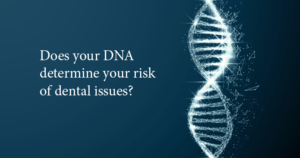SLEEP APNEA AND DENTISTRY
Often snoring is dismissed as an annoyance, but it can be a sign of a very serious condition known as obstructive sleep apnea. Snoring is caused by a blocked airway. The tongue falls backward during sleep and can fully or partially block the airway. The body then struggles to obtain air, and this causes the vibration we call snoring. Much of the time the body will continue to get just enough air so there will be very little harm. However, this condition is one of the signs that sleep apnea could be right around the corner. Snoring and obstructive sleep apnea are medical problems, so we make sure your individual situation is fully addressed by starting with an objective medical assessment.
Apnea episodes can occur from 6 to 100 times per hour. This oxygen deprivation causes people to feel exhausted when they wake up, as though they haven’t really been sleeping. They’ve spent most of the night fighting for air, so it’s no wonder they feel tired, headachy, and irritable. The lower oxygen levels also put a strain on the heart.
Each pause in breathing, called an apnea, can last from a few seconds to minutes, and may occur 5 to 30 times or more an hour. Similarly, each abnormally low breathing event is called a hyponea . Sleep apnea is diagnosed with an overnight sleep test called a polysomnogram, or “sleep study”.
After the proper diagnosis by the MD, the appropriate treatment modality is prescribed, either a CPAP ot oral appliance. This is where dentistry has a place in the process, if the patient is unable to wear the CPAP, oral appliances are a very viable option. Our next blog will address the appliances used in treatment.


